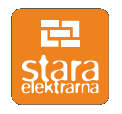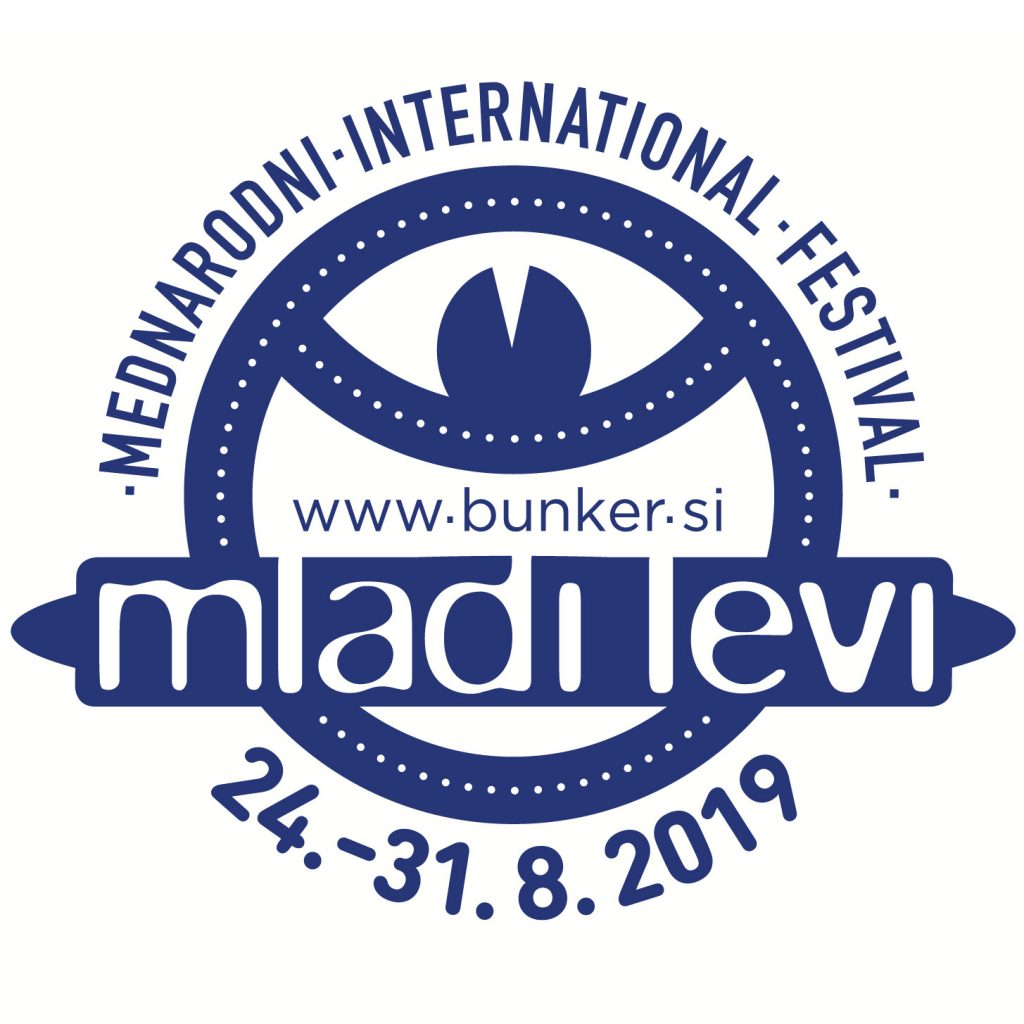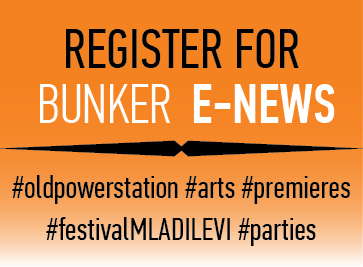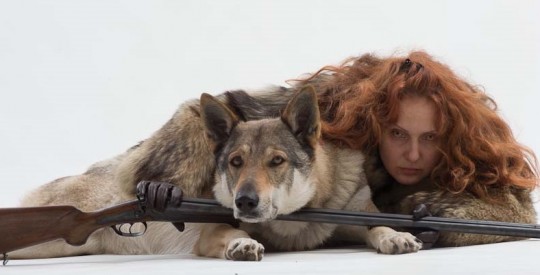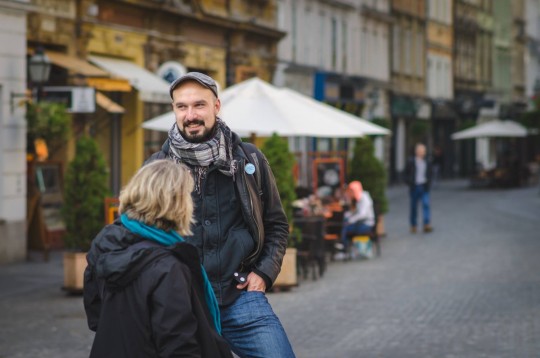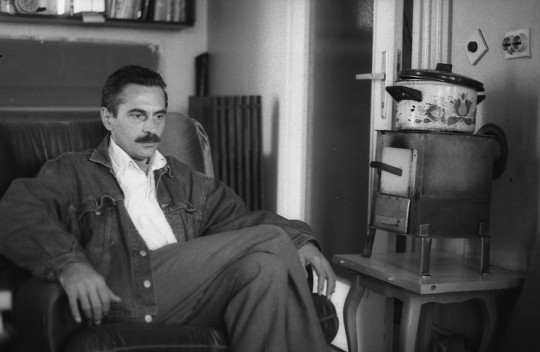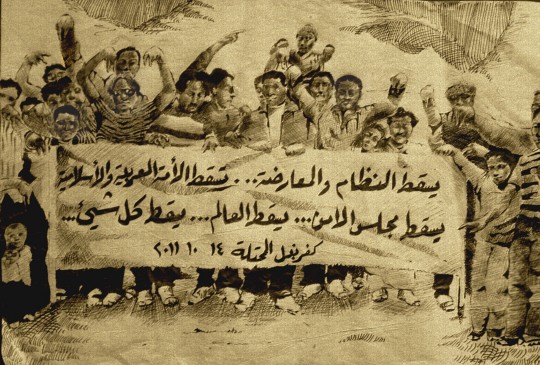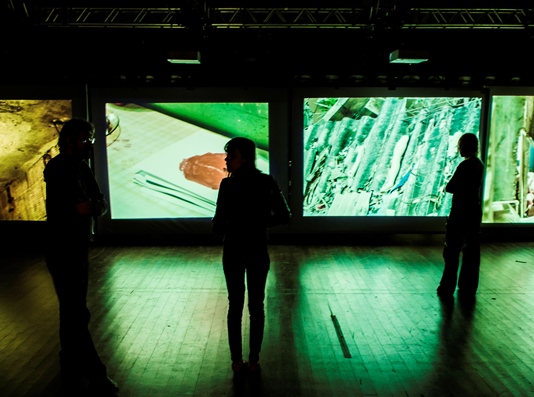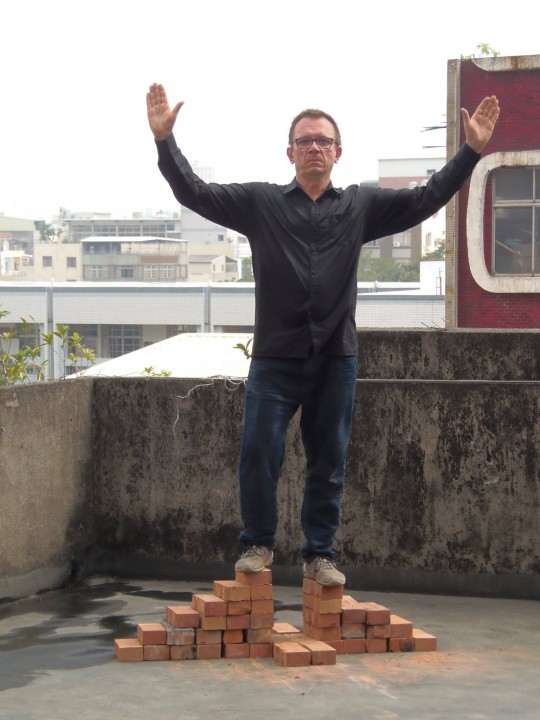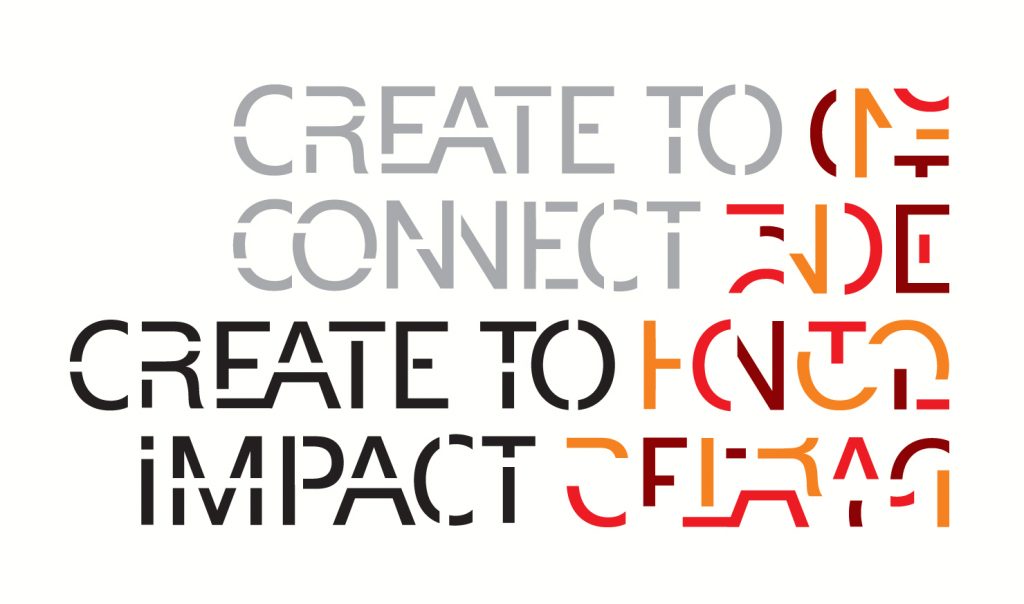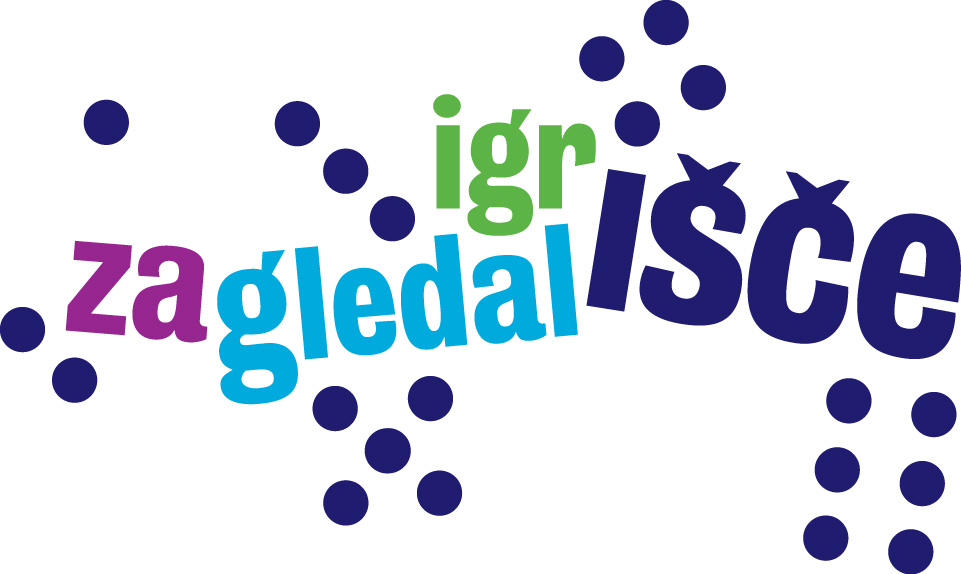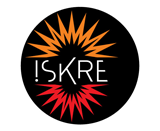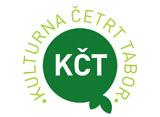Maria Lucia Cruz Correia: THE AGE OF POST-ANTHROPOCENE: EVOLUTIONARY PERSPECTIVE ON FUTURE LAW REGARDING CLIMATE CHANGE
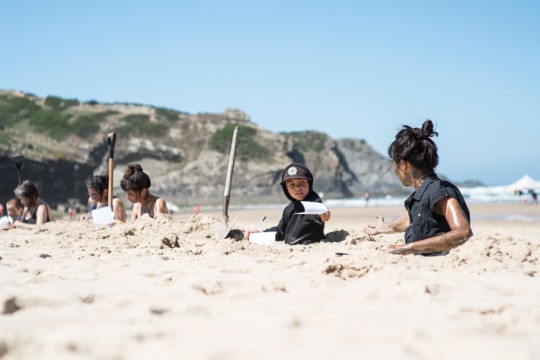 Photo: archive of Maria Lucia Cruz Correia
Photo: archive of Maria Lucia Cruz Correia
Saturday, August 27th, 17.00–18.30
Ljubljana City Municipality, conference room
Have humans permanently changed the planet? Do we need new legislation to adapt to a post-anthropocentric era? Applying the score/scheme to a juridical case, if we could legally propose a new agreement regarding nature and the environment, the »crime« being ecocide, who would be the victims? Humans and/or nonhumans? Who are the perpetrators? Who the witnesses? How can we assuage climate crises by adding new laws to the constitution?
Maria Lucia Cruz Correia, together Katja Eman, addresses the topic of stepping out of the anthropocentric discourse, contemplating on the legislative aspects of the relationship between nature and man. Legislation is a form of a social contract, an agreement. However, a new agreement now appears to be in order, one under which voice is also given to living beings other than humans (beings that currently have no voice, at least not one humans are willing to hear). How do we devise such an agreement? Who constructs the new understanding of the relationship, who manages its regulation by law?
Portuguese artist Maria Lucia Cruz Correia graduated from Graphic Design, received her MA in Advanced Performance and Scenography studies and is enrolled in the Transmedia postgraduate program of Arts, Media and Multimedia at the LUCA School of Arts. Correia’s artworks are characterized by environmental awareness, frequently involving collaboration with professionals outside of art circles, most notably scientists and activists. Attempts to change paradigm take centre stage in her work: in her search for utopian healing, she proposes actions that merge with clinical questions concerning the human condition. She searches for tactics of participatory performance, creating her own platform of communal articulations of radical thinking on healing, coexisting and sharing.
Maja Smrekar: NEW DIMENSIONS OF THE “NATURAL”
Saturday, August 27th, 15.00–16.30
Animal Shelter Ljubljana (bus leaving at 14.45 from Stara mestna elektrarna – Elektro Ljubljana)
Artist Maja Smrekar explores and connects two overarching themes: parallel evolution in the relationship wolf – human – dog, and Earth’s sixth great extinction period. She addresses the paradigm of so called biopower, which involves a re-examining of the concept of life, through the discourses of hybrid kinship (D. Haraway) and the animalization of humans (Deleuze – Guattari, Agamben) that treat biotechnology, global economies and the ideologies of humanitarianism as derivatives of processes by which humanity is reaching the new dimensions of the “natural”. Since we live in a time where total control over (human) life is becoming a reality, discussion will examine whether humanity can still be considered within the paradigm of the Enlightenment, which recognized humans precisely for their distinctiveness from animals.
Maja Smrekar graduated at the Sculpture Department of the Academy of Fine Arts in Ljubljana, Slovenia and is currently finishing her MA at the New Media Department. Her interests are grounded in the phenomenology of perception and the concept of life. She has been collaborating with, among other institutions, the Kapelica Gallery in Ljubljana for the past eight years, and with the Institute Aksioma for the past five. In their production she’s been executing projects tying together the intersections between humanistic and natural sciences into interdisciplinary works of art. Maja Smrekar lives and works between Ljubljana, Slovenia and Berlin, Germany.
Discussion moderated by: Mojca Kumerdej
Mitja Velikonja & Sandi Abram: WHEN WALLS SPEAK: THE IDEOLOGY OF GRAFFITI AND STREET ART IN LJUBLJANA
Photo: Abram
Saturday, August 27th, 11.00–14.00
Prešeren Square
Recently, the Municipality of Ljubljana started a war against vandalism with its campaign »Take care of your city, it’s the only one you’ve got!«. Among other points, they urge inhabitants to report graffiti »vandalism« and perhaps suggest designated surfaces where the practice should be allowed. Instead of »hearing« what street artists and graffiti writers have to say, they’re being reduced to offenders or confined to controlled areas where freedom of art and expression is sponsored, monitored, in short, legal.
Sandi Abram and Mitja Velikonja will take us on a graffiti-walk around Ljubljana. They’ll guide us from graffiti to graffiti and – together with the audience – try to read or decipher messages from the particular piece. Besides the aesthetics, discussion will touch upon the political implications of these »urban frescoes« and, consequently, try to think about the ever-dubious nature of the relationship between art and political ideology on the streets: are graffiti merely reproducing or actually confronting current dominant ideologies, how/why/by whom are they (de)constructing them? Are these images signs of consent or dissent? How is, for example, the recent »refugee crisis« reflected in the streets? What do the graffiti tell us about the political landscape of Slovenia and its current issues? In short: what do the Ljubljana walls speak about?
Mitja Velikonja is a professor of Cultural Studies and chair of the Centre for Cultural and Religious Studies at the University of Ljubljana. His main areas of research include new transitional ideologies, subcultures and urban cultures, collective memory and post-socialist nostalgia. He is currently interested in the ideological dimensions and political potentials of contemporary graffiti and street art: from those sprayed by football fans to (anti)nostalgic ones, from graffiti battles of different sub-political groups to – in recent months – pro/anti-refugee ones.
Sandi Abram is a researcher in the field of graffiti and street art and the founder of the daily Ljubljana Graffiti Tour. His final thesis was »From graffiti to Graffiti: street creativity in the vice of incorporation practices«. He also co-edited a double issue of the Journal for the Critique of Science (Časopis za kritiko znanosti) on graffiti and street art. His research interests encompass the (re)appropriation of public spaces, contemporary journey(wo)men and craft, non-institutional artistic and artivism practices, with a special focus on urban creativity and street cultures.
BREAKFASTS WITH THE ARTISTS
Hanging out with local artists is the perfect way to discover the local art scene. What better atmosphere than a breakfast table conversation?
Join us for breakfast!
Photo: Urška Boljkovac 
Saturday, August 27th, 9.30–10.45
prostoRož collective: Breakfast in the Library of Things, Meeting point: hotel Park
The prostoRož collective engage in making public spaces as pleasant and friendly as possible, especially for the locals. Part of their strategy in the Savsko neighbourhood is running a “Library of Things”. Breakfast on-site will introduce a day in this library without books – only tools, toys, kitchen appliances, gizmos and gadgets; offering also a glimpse into prostoRož’s activities and future plans.
Kitch: Breakfast in the Tabor Park, Meeting point: park Tabor
Since 1999, the tandem Kitch has been resisting categorization, shifting between performance, theory and trash aesthetics. In their last performance Oath (Prisega) they swear by the strategy of coffeehouse theatrics. On the morning of the second conference day, Kitch invites you to a vegan breakfast in the Tabor Park, where consequences of previous day’s revelries may be cured and a fresh morning started in the company of the veteran artists, thinkers, activists, chefs …
Helena Tahir: Breakfast in DobraVaga – Art by the Pound, Meeting point: DobraVaga
Helena Tahir is a young visual artist whose main interests are printmaking, drawing, painting and analog photography; one of the Slovene artists to watch out for. For the past three months she’s been a resident of the open atelier at DobraVaga, a recently opened gallery where they sell art by the pound. Helena is inviting you for breakfast to her open atelier, right under Ljubljana’s biggest fresh market.
Mare, Olja & Veno Bulc: Breakfast at Home, Meeting point: Stara mestna elektrarna – Elektro Ljubljana
Mare Bulc is a Slovene theatre director and performer who likes to stride onto all kinds of stage terrains: from independent stages to repertoire theatres, from drama to projects where the team starts from scratch. Currently, he is directing a Ljubljana Puppet Theatre performance based on the legendary Slovene children’s story Secret Society PGC. Mare has two kids, 10-year-old Olja and 2-year-old Veno. The family invites you to their home for a traditional Saturday breakfast.
Registration: At info point in Stara mestna elektrarna. Reservations are mandatory.
Crvena: STATE OUT OF ORDER
Friday, August 26th, 17.00–18.00
DUM
Instability and insecurity seem to be among the unifying features of the contemporary human experience. With Naomi Klein’s doctrine of shock in mind, we can argue that the »state of emergency« has extended from the post-catastrophe reordering of political mythologies and power relations to an understanding that conditions characterizing the present state of affairs are different in nature, feeding upon a more general development of the world community. One way to characterize this is the erosion of the social orders that were traditionally established as national/state orders. Though the nation-state remains the dominant structure, states are being exposed as increasingly helpless in sustaining order, and populations and individuals find themselves in situations where maintaining social relations becomes something established precariously, in a manner necessarily fluid. In the covert lecture, using various methods, we examine the possible and counterintuitive ways in which social ordering may appear, and how it can be made into a force of change and emancipation, and thus a substitute for conservatism and oppression which have been articulated as parameters of the current dominant answer to global challenges.
Crvena (Red) is a Bosnian collective operating on the porous terrains of activism, theory, feminism, art, journalism and collective action.
“This isn’t a story about revolution, a political party, lipstick or whatever. RED is the only true colour, the first colour discovered by humanity. RED is the colour of fire and blood, of forceful emotion, the colour of love and alarm. RED is the colour of strength felt when working together, the energy that unites the lady artists, cultural historians, feminists, curators, photographers, engineers, economists, poets, singers, journalists, musicians and DJs, writers, sociologists, activists, and many other Bosnian and Herzegovian women of similar disposition in the CRVENA (RED) Association for Art and Culture.” (Danijela Dugandžić Živanović)
Tony Chakar: ON POSSIBILITIES, UNLEARNING, UNDOING
Photo: Tony Chakar’s archive
Friday, August 26th, 11.00–13.00
Union hall in Elektro Ljubljana
In the cacophony of political ideologies and narratives, we sometimes wonder what to believe, how to structure our world. But maybe we’re trying to find order or even »the truth« – and consequently solutions to our grave situations – on a false basis. Instead of searching for the right ideology, the right narrative, a mythology that will suit our belief system, we have to shatter everything and start from new premises. How can »the new« arise from constantly repeating »the old«? If – in this context – we think about art: perhaps it’s time we stopped thinking about it as a »mirror of society«, as the »producer of new narratives« and consider art as part of the system built on the same false grounds as everything else. Its potential lies in the denial of everything. The lecture will be allegorical, Chakar’s thought stemming from the analysis of Fairuz’s seemingly romantic song.
Tony Chakar is a Lebanese architect, artist and writer. He belongs to a generation of Lebanese artists and thinkers whose underlying themes of conflict between the current realities reflect upon the understanding how we see, how we are taught to see, and how we can unlearn what we were taught. His platform could be described as “memory as a performance practice”. His work involves ways of thinking that go beyond the traditional architectural focus, by incorporating literature, philosophy and theory.
Debate moderator after the lecture: Istvan Szakats
OPENING OF THE FESTIVAL MLADI LEVI 2016
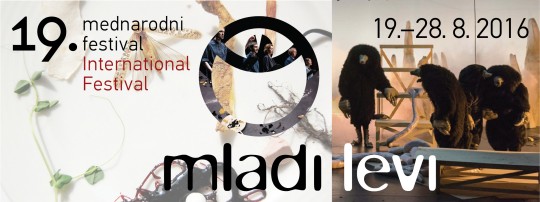 Friday, August 19th at 8.00 pm
Friday, August 19th at 8.00 pm
The Old Power Station – Elektro Ljubljana
You are kindly invited to join us on 19th august at 20.00 hours in Stara mestna elektrarna – Elektro Ljubljana, for the opening of the International festival Mladi levi 2016!
We’re starting the festival with the performance Night of the Moles (Welcome to Caveland!) by acclaimed French director Philippe Quesne. The play on the lives of humongous moles is a fable without a moral, an allegory of life itself, in itself the most interesting of stories.
Afterwards, at 21.30 on the platform behind the Old Power Station,the young-lion dance is unravelling for everyone to attend. This year, music delights will be served by DJ Bakto (Tetkine radosti) and DJ Udo Brenner (Zeleno sonce). While tasty morsels are composed by dazzling chef Primož Dolničar alongside ladies from the Daytime Activity Centre for the Elderly.
More about the programme here.
Encyclopédie de la parole / Joris Lacoste: SUITE N° 2 (FR)
Sunday, August 28th, 9 pm
The Old Power Station – Elektro Ljubljana
Slovene philosopher Mladen Dolar explored, philosophically, the voice beyond meaning, beyond aesthetic pleasure, beyond presence, voice as an object residing in the space in-between, between outside and inside, body and soul, nature and culture. He recognizes the voice as a symptom of being not existing seamless within, of being that is, thus, in conflict with itself.
This precise terrain of intermediateness or internal conflict, where voices are not mere transponders of sense/meaning and yet still not aestheticized into »music«, where the voice is grounded fully neither in thought – message, nor body – sound, is the grounds where the four choral suites of Joris Lacoste reside, drawing content from the Encyclopédie de la parole (Encyclopaedia of Speech), a collective project compiling existing recordings expressing various forms of locution. The first in the cycle, Suite no. 1 ABC, focused on cases from the basic register patterns of human speech: learning to speak, babbling, the way we enjoy foreign languages and talking in general. Suite No. 2, created by Lacoste in tandem with composer Pierre-Yves Macé, assumes the form of words in action; from the most intimate to the notorious, expressing the complete spectrum of emotional states, again in a number of different languages. If the first suite was a symphony, the second one is a sonata – presented by five extraordinary performers.
Concept: Encyclopédie de la parole
Composition and direction: Joris Lacoste
Music: Pierre-Yves Macé
Performing: Vladimir Kudryavtsev, Emmanuelle Lafon, Nuno Lucas, Barbara Matijević, Olivier Normand
Assistance and collaboration: Elise Simonet
Lighting and video design, technical management: Florian Leduc
Sound: Stéphane Leclercq
Costumes: Ling Zhu
Video coder: Thomas Köppel
Video assistant: Diane Blondeau
Translation, project manager: Marie Trincaretto
Proofreading and corrections: Julie Etienne
Vocal coaches: Valérie Philippin et Vincent Leterme
Language coaches: Azhar Abbas, Amalia Alba Vergara, Mithkal Alzghair, Sabine Macher, Soren Stecher-Rasmussen, Ayako Terauchi Besson
Invited archive collectors: Constantin Alexandrakis, Mithkal Alzghair, Ryusei Asahina, Adrien Bardi Bienenstock, Judith Blankenberg, Guiseppe Chico, Manuel Coursin, David-Alexandre Guéniot, Léo Gobin, Haeju Kim, Monika Kowolik, Federico Paino, Pauline Simon, Ayako Terauchi Besson, Helene Roolf, Anneke Lacoste, Max Turnheim, Nicolas Mélard, Tanja Jensen, Ling Zhu, Valerie Louys, Frederic Danos, Barbara Matijevic, Vladimir Kudryavtsev, Olivier Normand, Nuno Lucas
Production and administration: Dominique Bouchot, Marc Pérennès
Project development: Judith Martin, Ligne Directe
Produced by: Echelle 1:1 (with the support from Ministère de la Culture et de la Communication /DRAC Ile-de-France).
Coproduction: T2G Théâtre de Gennevilliers/Festival d’Automne à Paris, Asian Culture Complex – Asian Arts Theater Gwangju, Kunstenfestivaldesarts, Théâtre Vidy-Lausanne, Steirischer Herbst Festival, Théâtre Agora-Seinendan, La Villette – résidences d’artistes 2015, Théâtre national de Bordeaux en Aquitaine, Rotterdam Schouwburg.
Suite N°2 is co-produced by NXTSTP (with the support of Creative Europe Program). With the help of Institut Français and its programs Théâtre Export and CIRCLES, Nouveau Théâtre de Montreuil, l’Usine, Scène conventionnée – Tournefeuille.
Creation Kunstenfestivaldesarts, Brussels, May 2015.
85 minutes
Free tickets, but you can support our festival with voluntary contributions. More information and ticket booking: +386 51 269 906, info@bunker.si.
 |
Christiane Jatahy: #THEWALKINGFOREST.DOC (BR)
Photo: Cia Vértice de Teatro
Sunday, August 28th, 4 pm – 8.30 pm
DUM
The work of Brazilian director Christiane Jatahy is characterized by dialogue between artistic spheres and – as she calls them herself – new creative dispositifs. Jatahy found success already with her performance Julia, a simultaneous film and theatre adaptation of Strindberg, as well as having opened last year’s Mladi Levi with a contemporary version of Chekhov’s Three Sisters, a performance doubling as film.
The outset of #thewalkingforest.doc is another timeless classic, Macbeth, his lust for power so easily transposed into the contemporary zeitgeist. The focus, though, is here reversed – we’ve been inundated with stories of rotten, morally bankrupt rulers; the title hints at a fresh angle: Macbeth, let’s remember, scoffs at the prophecy Birnam Wood would march against Dunsinane Castle on account of failing to comprehend metaphor. Herein lies the challenge extended by the performance – what about us? Do we recognize ourselves in the forest, are we even capable of insurrection? Ljubljana plays the setting of Jatahy’s video installation, an amalgamation of the stories of people locked in conflict with authority; a mosaic of pre-recorded narratives, tales belonging to refugees to Slovenia, stories performed by local artists – all victims of a Macbeth of some sort or another.
Author: Christiane Jatahy
Inspired by: Macbeth (William Shakespeare)
Creation and live direction: Christiane Jatahy
Director of photography: Paulo Camacho
Live editing: Felipe Norkus
Performers: Andraž Jug, Gal Oblak, Sara Janašković, Miranda Trnjanin, Safiullah Ebadi, Ghasem Zarei
Producer and tour manager: Henrique Mariano
Co-production: Le Centquatre, Künstlerhaus Mousonturm, Tempo_Festival, SESC São Paulo
Cia Vértice de Teatro is sponsored by Petrobras.
Local producers: Katarina Slukan, Mojca Jug
Technical support: Janko Oven
Videoinstallation is in English.
More information: +386 51 269 906, info@bunker.si
 |
 |
 |
|
Waldemar Tatarczuk: UP (PL)
Photo: Waldemar Tatarczuk
Saturday, August 27th 8.00 – 8.20 pm
Foyer of the Old Power Station – Elektro Ljubljana
Collective memory resides in two big narratives: history and mythology. With both of these, though – just as our own personal memories – we have abandoned the battle for objectivity, for the one truth, a single shared understanding. What about personal memories, then, and their relation to the collective?
Memory remains an enigma; despite the fact science is gradually deciphering its laws and procedures. It stays a mysterious process in which information imprinted in us during consciousness is transformed into cerebral databases and, even more interestingly, woven into our personal stories. Perhaps, memory in some sense functions exactly like the strategies of art creation.
Waldemar Tatarczuk is a Polish artist currently residing in Lublin. He creates performances and installations, is an art curator, was the founder of the Performance Art Centre in Lublin, and is currently the director of the Labyrinth Gallery (Galeria Labirynt). “The essential substance of my performances is memory. Memory as a phenomenon as well as memory embedded in material objects, traces, that which remains. Memory that refers to the past while contradicting the future. The question of traces that remain, of where they are actually written, refers to what is left after every event as well. It refers to memory and how it evolves, how memories become deformed and blurred, replaced by other, more vivid ones.”
 |
 |
|
 |
||

